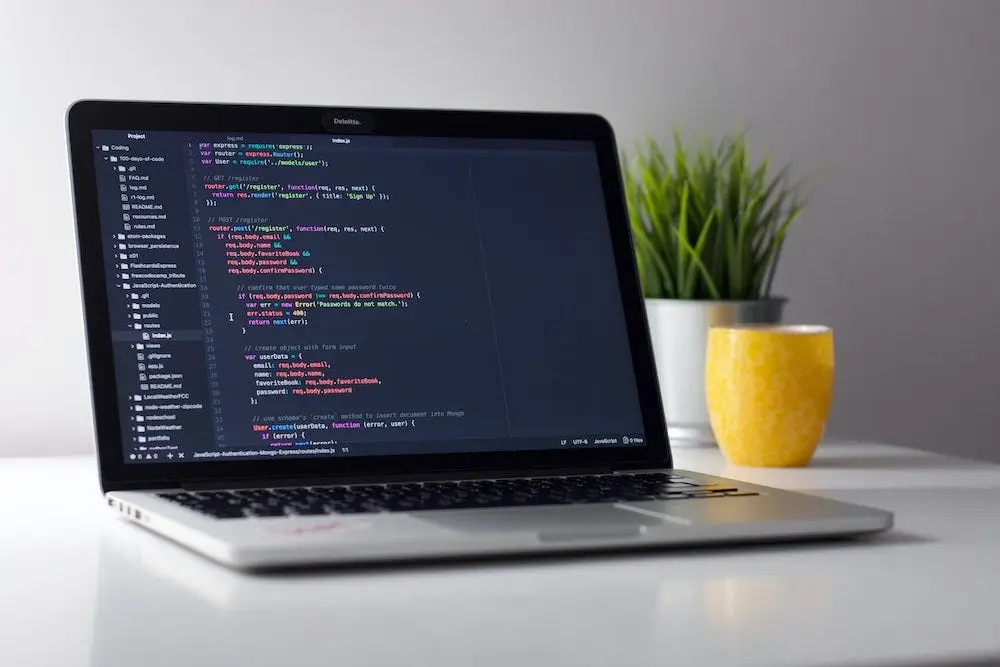Freelance programming is a unique journey, full of challenges and rewards. It’s not just about coding; you wear many hats, including accountant, marketer, manager, quality control, and more. Over the past decade, I’ve supported myself through freelance programming, experiencing both the highs and lows. Here are some stories and valuable lessons from my journey.
1. Wearing Multiple Hats

When you work for yourself, you’re doing much more than just programming. You’re the accountant, marketer, manager, quality control, equipment purchaser, tax expert, and collections agent. Every aspect of the business falls on your shoulders, and this can be both empowering and overwhelming. Learning how to juggle these roles efficiently is crucial for any freelancer.
2. Navigating Legal Challenges
One of the toughest lessons I’ve learned is dealing with legal challenges. In one quarter, I had to take clients to court for 100% of my income. One client admitted he didn’t pay me because he had to buy a new car after an accident. Legal disputes can drain your time and resources, making it essential to have clear contracts and a solid understanding of your legal rights.
3. The Reality of Non-Payment
Non-payment is a common issue in freelance programming. For instance, a large insurance company wanted a document management system similar to a $99 product on the market. I spent a weekend creating a similar product and installed two copies for $160. They loved it but refused to pay, revealing they wanted a workaround for the original product’s copy protection. They needed about 20 installs but wanted to pay for one and steal the rest. I never got paid.
4. Unrealistic Client Expectations
Clients often have unrealistic expectations. A startup hired me to build a healthcare claims processing system. I bid $1K, but after completion, they wanted a full accounting system added for free. I never got paid. This highlights the importance of clear communication and setting boundaries from the beginning.
5. The Challenges of Fixed Bids
Clients often want fixed bids, but there’s always extra work not included in the original bid. They may think you’re ripping them off if you charge more for additional work. It’s crucial to explain the scope of work clearly and outline any potential additional costs upfront.
6. The Issue with Free Software Mentality
Many people are used to getting software for free, and they expect the same from custom software. This mindset can lead to undervaluing your work and expecting discounts or free services. Educating clients on the value of custom solutions is essential.
7. Balancing Client Relationships

Client relationships can quickly sour. You can go from being a ‘friend’ to a foe if things don’t go as expected. Maintaining professionalism and clear communication can help manage these relationships effectively.
8. Handling Tax and Legal Issues
Legal and tax issues can be a nightmare for freelancers. Understanding tax laws, keeping detailed records, and possibly hiring a professional accountant can save you from future headaches.
9. Rewarding Moments
Despite the challenges, freelance programming has its rewards. It’s fulfilling when a company president personally thanks you, when employees see your work saving them tons of time, and when your product is shipped worldwide by a Fortune 100 company. These moments make the struggles worthwhile and validate your hard work.
10. Considering YouTube for Sharing Experiences
Given the unique challenges and experiences of freelance programming, I’m considering starting a YouTube series to share insights and advice. Freelance programming is very different from getting a job, and sharing these stories can help others navigate this path more effectively.





